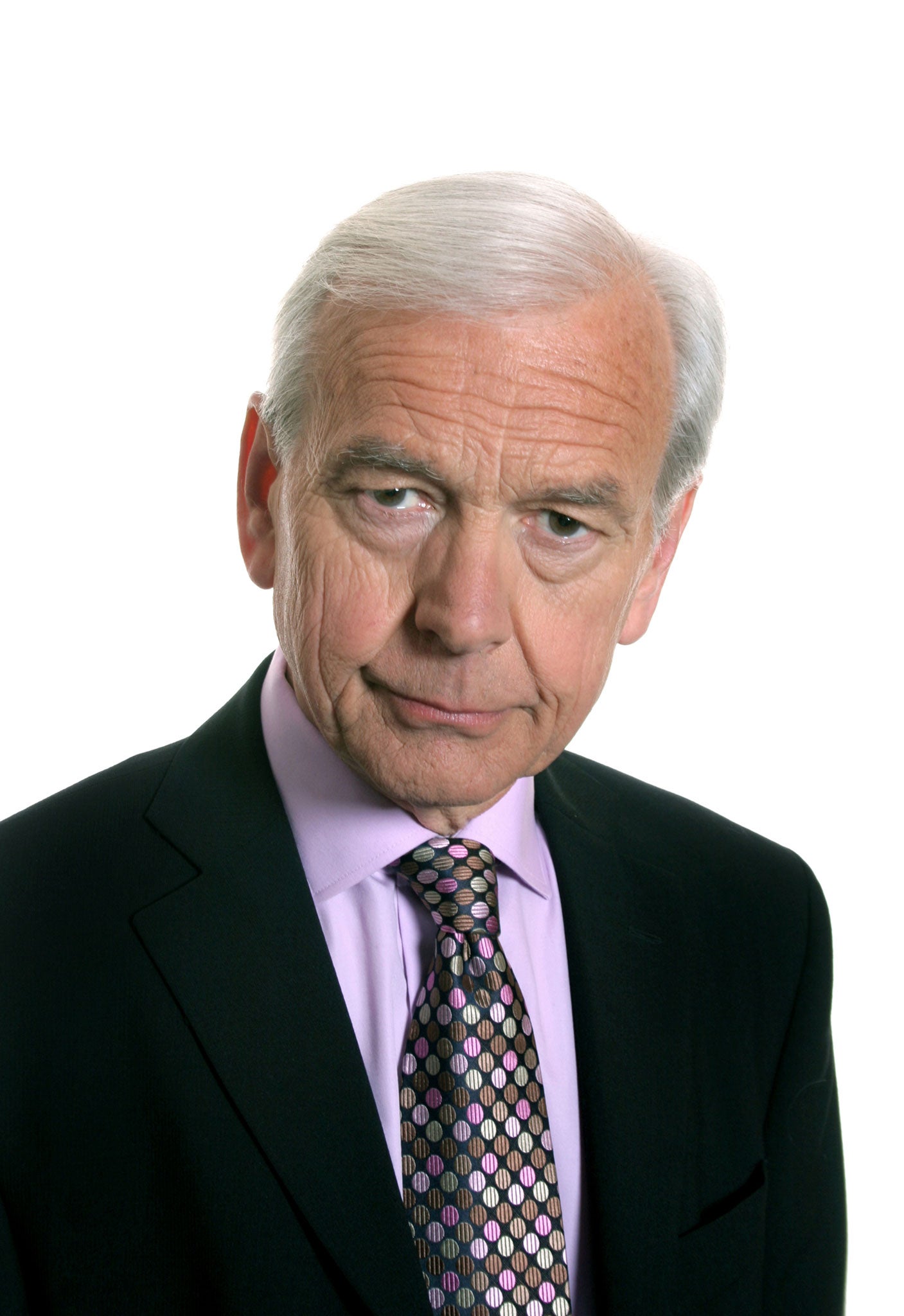BBC welfare state documentary presented by John Humphrys breached guidelines

A BBC documentary on the welfare state presented by John Humphrys breached guidelines on impartiality and accuracy, the BBC Trust's editorial standards committee has ruled.
The Future State Of Welfare With John Humphrys was broadcast on BBC2.
Considering proposals to reform the welfare state, it was screened during the passage through Parliament of the coalition Government's Welfare Reform Bill.
The committee ruled that there was no evidence that Humphrys, a presenter on Radio 4's Today programme, was advocating the Government reforms.
But it found that the programme did breach guidelines on accuracy and impartiality.
Viewers would have been likely to form the impression "that there was a healthy supply of jobs overall" because the programme did not broadcast statistics on the ratio of jobs to applicants, it said.
Because of an absence of statistics on the issue, viewers would also be likely to "form the conclusion that the benefits being targeted by the Government were largely responsible for the view held by some that 'the welfare state is in crisis'," it added.
It said that viewers were unable to reach an informed opinion and that because the subject of welfare is such a controversial issue, "the failure of accuracy had also led to a breach of impartiality" in the programme, which was broadcast in October 2011.
It said that the programme had included a wide range of voices and that it was fair and open minded.
Alison Garnham, chief executive of Child Poverty Action Group, said: "We welcome the BBC Trust's recognition in its ruling that the programme broke rules on accuracy and impartiality in ways that fundamentally misled viewers."
She added: "This programme, like too many media stories, failed the public by swallowing wholesale the evidence-free myth of a 'dependency culture' in which unemployment and rising benefit spending is the fault of the unemployed.
"The reality needs to be reported that only 3% of welfare expenditure goes on Jobseekers Allowance, and that aside from the direct effects of the recession, social security expenditure on working age benefits has not increased as a proportion of GDP in recent years."
TUC general secretary Frances O'Grady said: "This was a shocking lapse by the BBC, from whom we rightly expect, and usually get, high standards of impartiality and accuracy."
PA
Join our commenting forum
Join thought-provoking conversations, follow other Independent readers and see their replies
0Comments